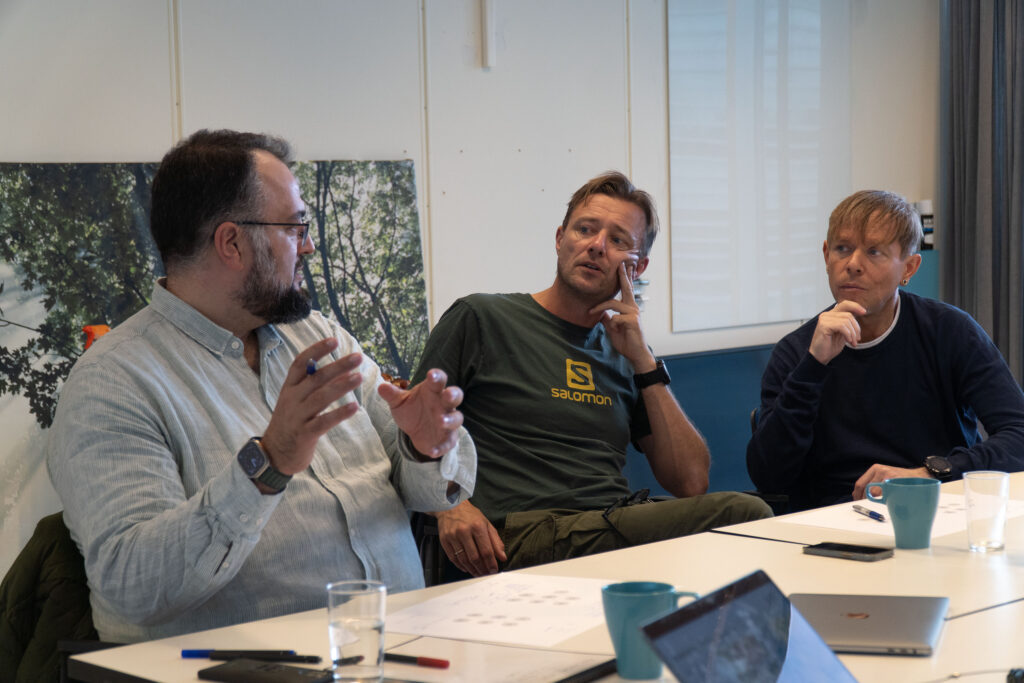Collaboration across borders


““The more we engage in the fight against cancer, the better we become”.
says Jens Ravn Eriksen, Chief Consultant and Colorectal surgeon at the Surgical Department of Zealand University Hospital.
Project FLORENCE aims to improve the treatment of patients with colorectal cancer by utilizing AI and federated learning. In the project, an AI tool is being developed to serve as decision support for doctors in the clinic.
In September 2023, partners from Zealand University Hospital, Oslo University Hospital, and the Cancer Registry in Norway met in Oslo for a workshop facilitated by Chief Data Scientist Martin Høyer Rose to discuss the clinical questions that the AI tool should address.
The project is supported by Interreg Öresund-Kattegat-Skagerrak, where a crucial aspect is cross-regional collaboration. During the workshop, it became evident why bringing people together across borders and expertise makes sense.
“Cancer transcends all boundaries—working across borders makes so much sense.” The more of us engaged in the overall fight against cancer, the better we become. I find this kind of collaboration incredibly exciting, as it will generate numerous new hypotheses and, more importantly, actual quality that can be directly applied in the clinic for the benefit of patients.” says Jens Ravn Eriksen.
Vegar Johansen Dagenborg, Gastrointestinal Surgeon in Oncological Pelvic Surgery at the Norwegian Radium Hospital, Oslo University Hospital, also participated in the workshop:
“I think the advantage (of cross-border collaboration – red.) is that you get different perspectives on patient treatment. Even though the treatments are very similar, there are different cultures, opinions, and strategies concerning the patients. So, I hope we can adopt the best practices from different countries that will benefit our patients.”
“I believe we are very good at treating our patients, but there are always patients for whom we can do better. In FLORENCE, we can identify patient groups where there is potential to change the treatment, which would be a significant benefit for our patients.”
